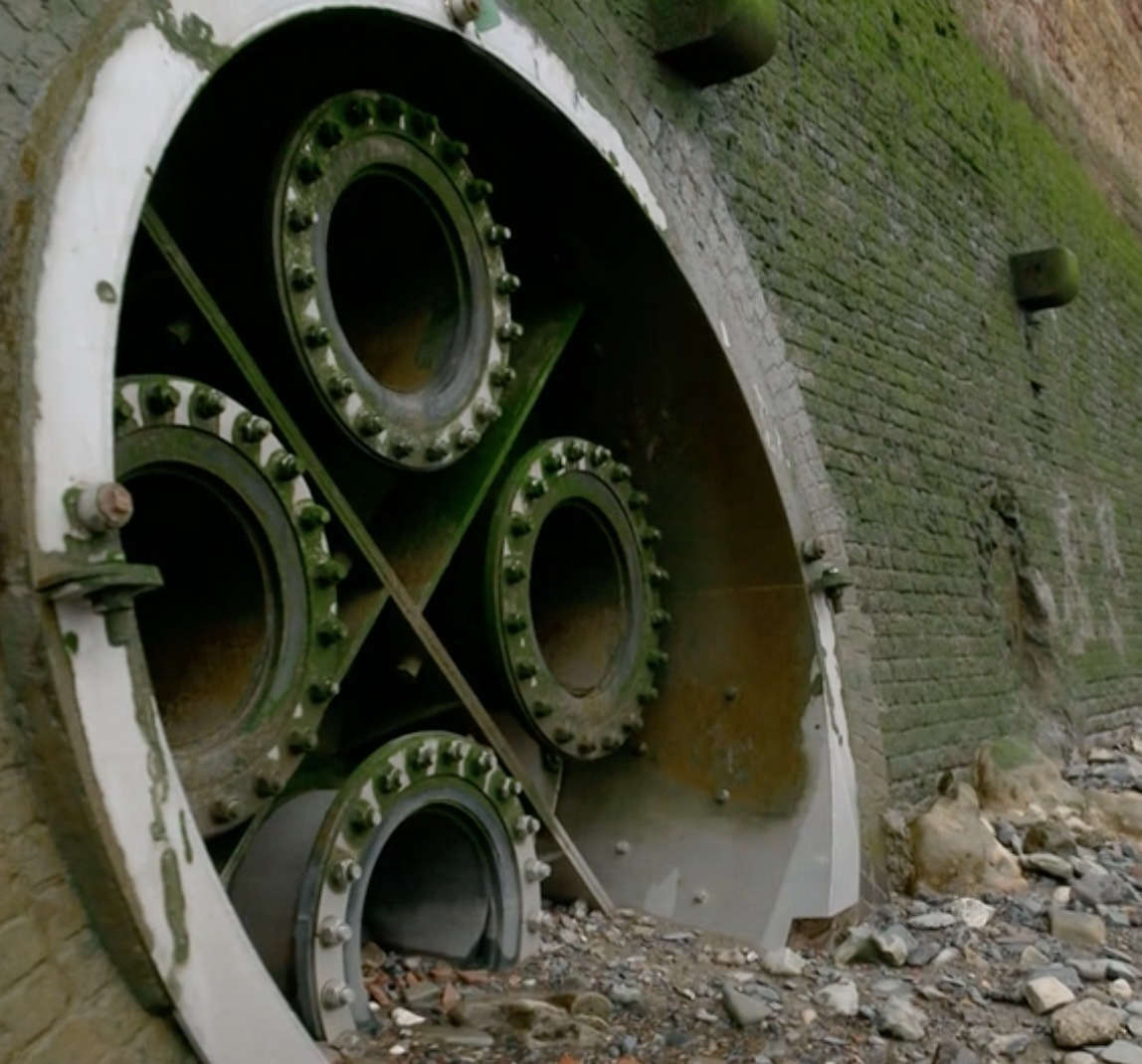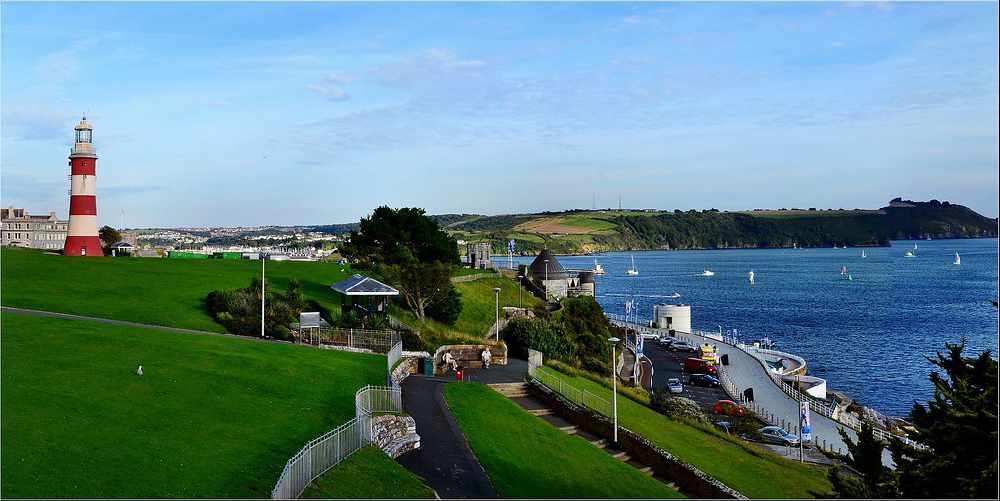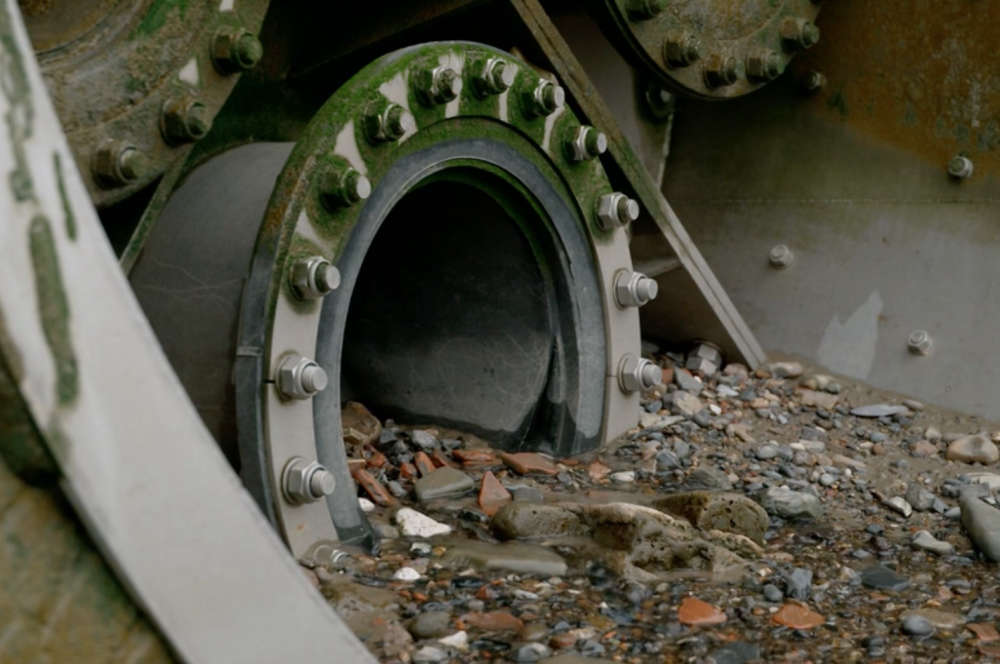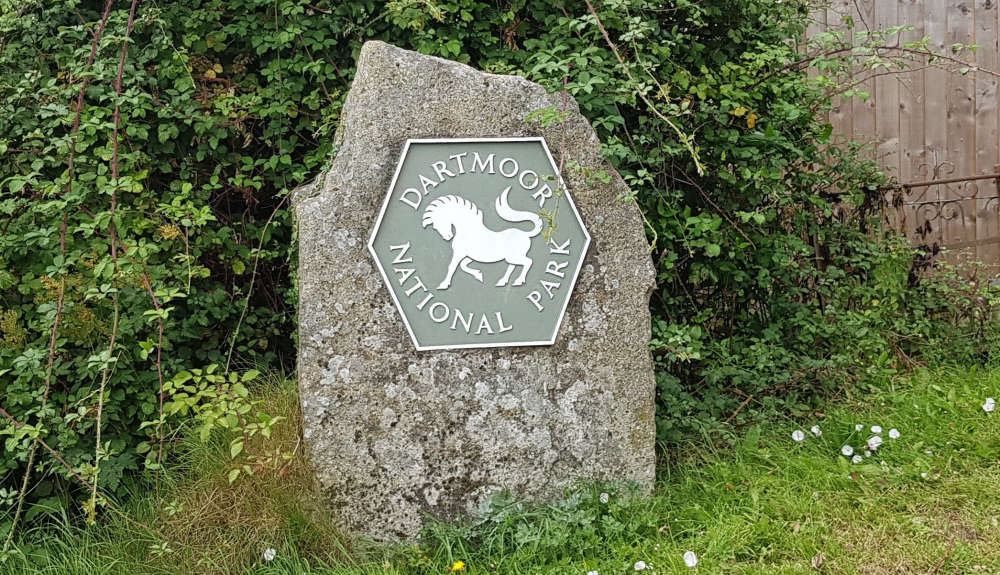
It's not all bad news
Grazing animals on Dartmoor are causing global warming, according to researchers from Plymouth University.
They found that livestock are eating young oak saplings and that's stopping them growing into woodlands - what the scientists call 'temperate rainforests'.
They say expanding woodland could help in the fight against climate change - but natural growth alone won't be enough to make a difference.
Livestock leads to far fewer oak saplings surviving and even if they do, they are smaller and in poorer condition. Not only that. Very few live beyond eight years to turn into big oak trees.
But it's not all bad news, if nearby plants can help out.
For example, although toxic bracken may help protect the youngest tree seedlings from grazing animals, too much bracken may reduce suitable conditions for oak sapling to grow, due to increased competition for light.
If carefully managed, trampling by browsing livestock such as cattle and ponies can open up areas of bracken to help support growth in order to improve conditions for rainforests to expand.
The study assessed the natural regeneration of oak saplings away from oak woodlands at multiple sites on Dartmoor. This showed that native oak establishment were largely confined to within 20m of the nearest adult tree.
This level of natural expansion, researchers say, is insufficient to adequately aid carbon storage, flood mitigation and biodiversity provision at the pace or scale required in these upland landscapes.
Suggestions have been made to include tree guards and more fencing as protection, for the trial to succeed.
This, they say, could be used to improve the environmental sensitivity of planting schemes in protected landscapes such as Dartmoor and other National Parks, while reducing their visual impact.
Dr Thomas Murphy, currently an industrial research fellow on the university’s low carbon Devon project, led the research as part of his PhD. He said: “The planting of trees and an end to deforestation are increasingly being highlighted as low cost and environmentally sensitive mechanisms to combat climate change."
He says their findings "suggest the expansion of oak woodland into UK upland pasture systems is not a simple process. They may have a critical role to play, but these important temperate rainforests have been historically degraded and are now highly fragmented. Reversing that trend is likely to require strategic planting and informed livestock management. Getting this right, however, will warrant a delicate balancing act and close cooperation with a range of stakeholders, including particularly landowners and graziers, at a time when upland farms are facing severe financial pressures and there are ongoing changes in incentives.”
The research is published in Ecological Solutions and Evidence, a journal of the British Ecological Society, and makes a series of recommendations for landowners and policy makers:
- Livestock grazing (particularly cattle) should be encouraged close to adult native oak trees at the edge of woodlands as they reduce dense and competitive vegetation;
- On sites where oak seedlings and saplings (1-3 years) have colonised, livestock should be excluded for a minimum period of 12 years to increase sapling survival, growth and establishment;
- On upland valley slopes where current ecosystem services provision is low and woodland establishment is required for connecting woodland habitat and rapid soil hydrological recovery, strategic planting and grazing management schemes should be encouraged;
- Older and larger oak saplings (4-7 years) could be planted directly into areas where dense vegetation protects saplings from animal livestock.
- This is the latest study by the University to examine the health and benefits of native trees on the upland slopes of Dartmoor.
The same research team has previously shown that the planting of native woodlands in upland areas could play a significant role in preventing the flash flooding which has increasingly affected communities across the UK in recent years.
 Storm overflow prevention work set for Plymouth
Storm overflow prevention work set for Plymouth
 Help needed to find Exminster pensioner
Help needed to find Exminster pensioner
 City lose at home again
City lose at home again
 Calls for inclusion on Plymouth lord mayor role
Calls for inclusion on Plymouth lord mayor role
 Upgrades to Plymouth storm overflows to take place
Upgrades to Plymouth storm overflows to take place
 Dartmoor finances facing biggest cut for years
Dartmoor finances facing biggest cut for years
